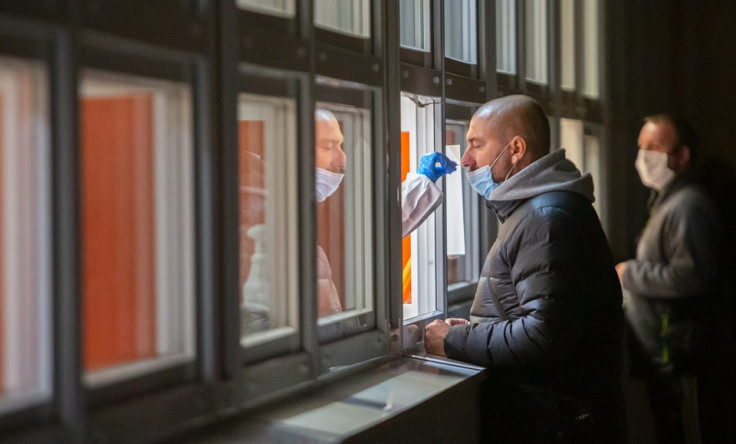COVID-19 recovered patients may enjoy immunity for up to eight months, study suggests
The study found that memory B cells, those responsible for creating a blueprint on how to fight the virus, were much higher at eight months after recovery.
A new study may allay fears that the immunity after contracting COVID-19 is just short-lived. This time around, the study suggests that one can be immune to the disease for up to eight months after infection.
A study titled, "Immunological memory to SARS-CoV-2 assessed for up to 8 months after infection," published in the journal Science, revealed that researchers from the La Jolla Institute for Immunology in California, analysed blood samples coming from 188 patients. Most of them were from San Diego.
The researchers found that approximately eight months after contracting COVID-19, most of the patients exhibited virus-specific antibodies in their bloodstream. They had good levels of memory B cells, which are responsible for creating antibodies. In case a person gets infected again, these memory B cells will be able to provide a blueprint for the body, telling it how to fight the virus. The best part is that this blueprint mechanism will work even if the body has low levels of antibodies.
Shane Crotty, a researcher at the La Jolla Institute and a co-author of the study stated in MIT Technology Review that there was a lot of initial concern that the virus may not induce much of the immune memory. However, she said that "the immune memory looks quite good."
Based on the research of Crotty and her co-authors, there are cases when those who got infected would have more of these memory B cells eight months after they as compared to the first month after the infection.
This detail suggests that a person who has already recovered from COVID-19 may have immunity against it that could last for years.
Crotty said that they will keep on tracking the study participants so that they will see if at 12 months, as well as at 18 months, the participants will still have the same levels of memory B cells after infection. Although promising, Crotty still noted that reinfection is still possible considering that immunity varies from one person to another.
In addition, although it is quite uncommon, there may be individuals who have a weak immune memory, and could still be susceptible to possible reinfection.
© Copyright IBTimes 2025. All rights reserved.






















